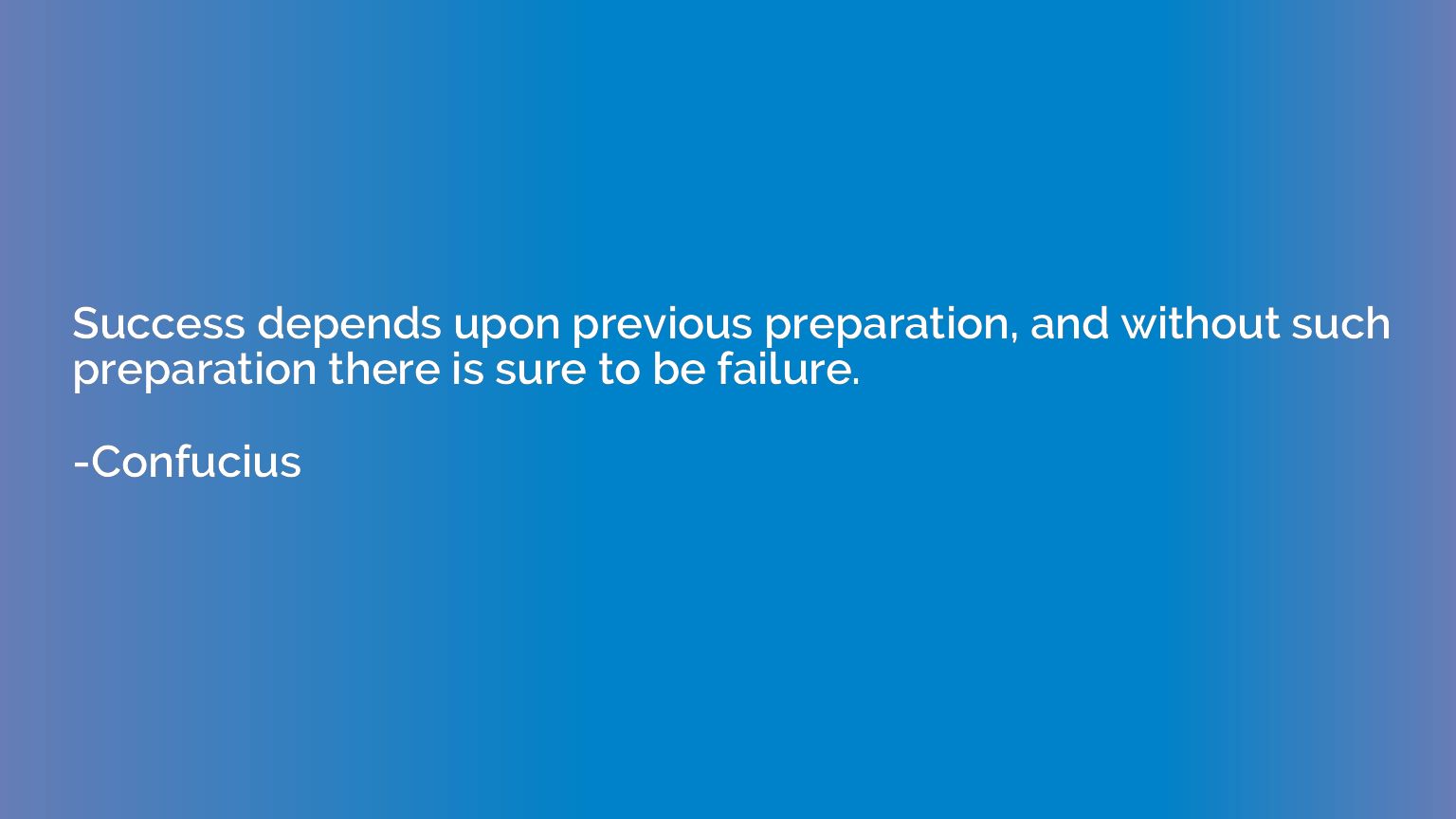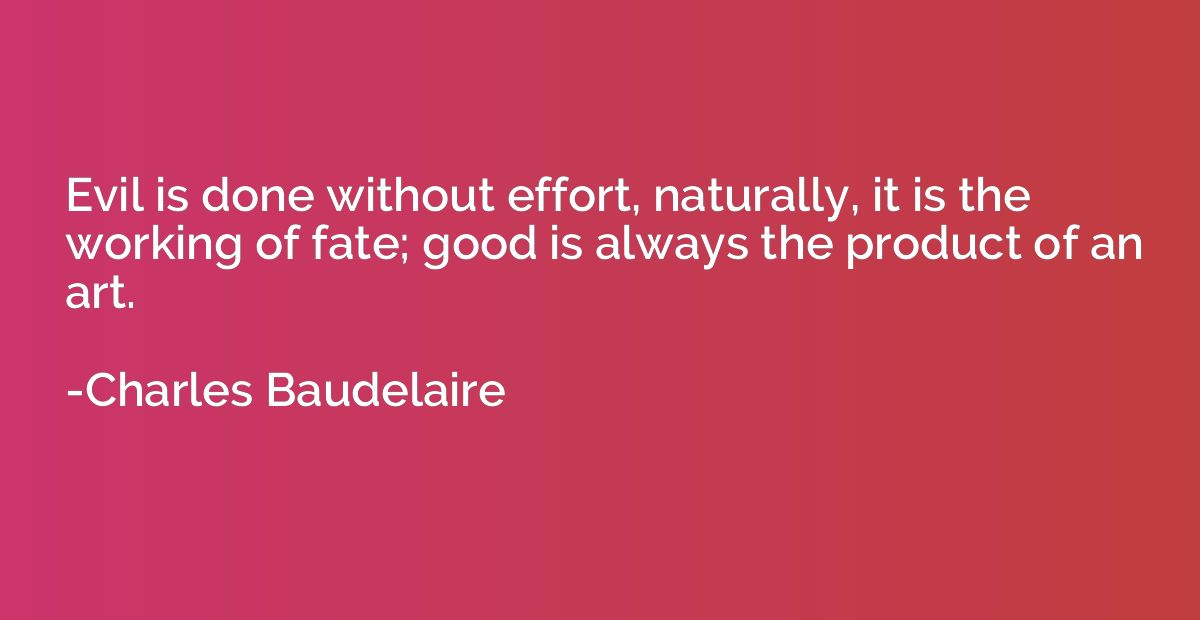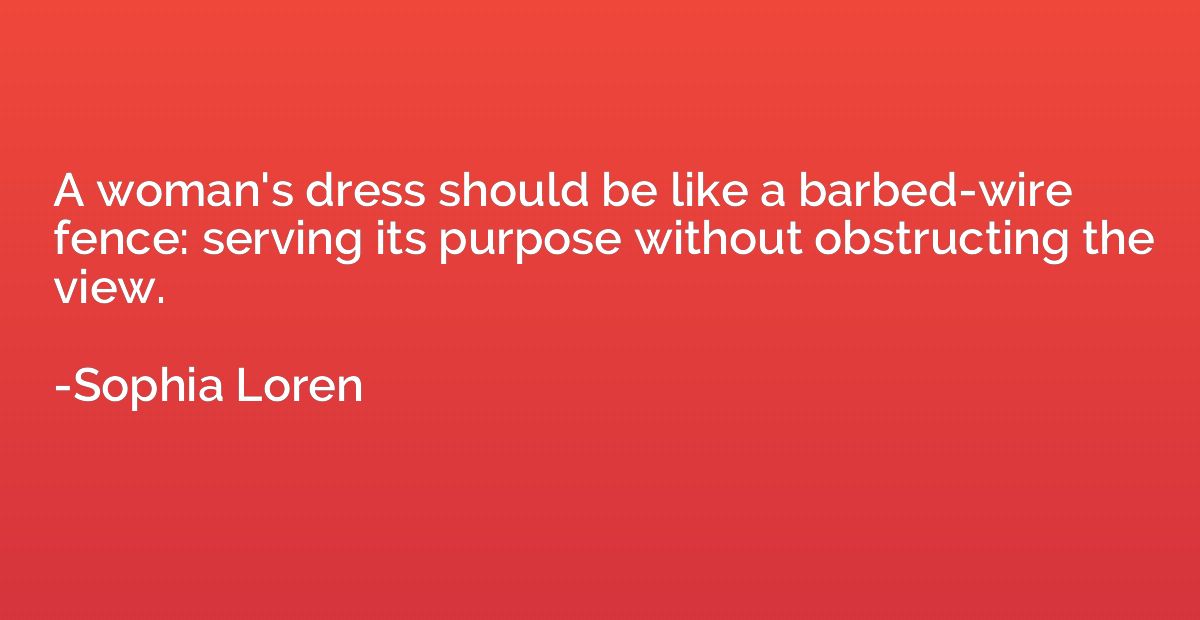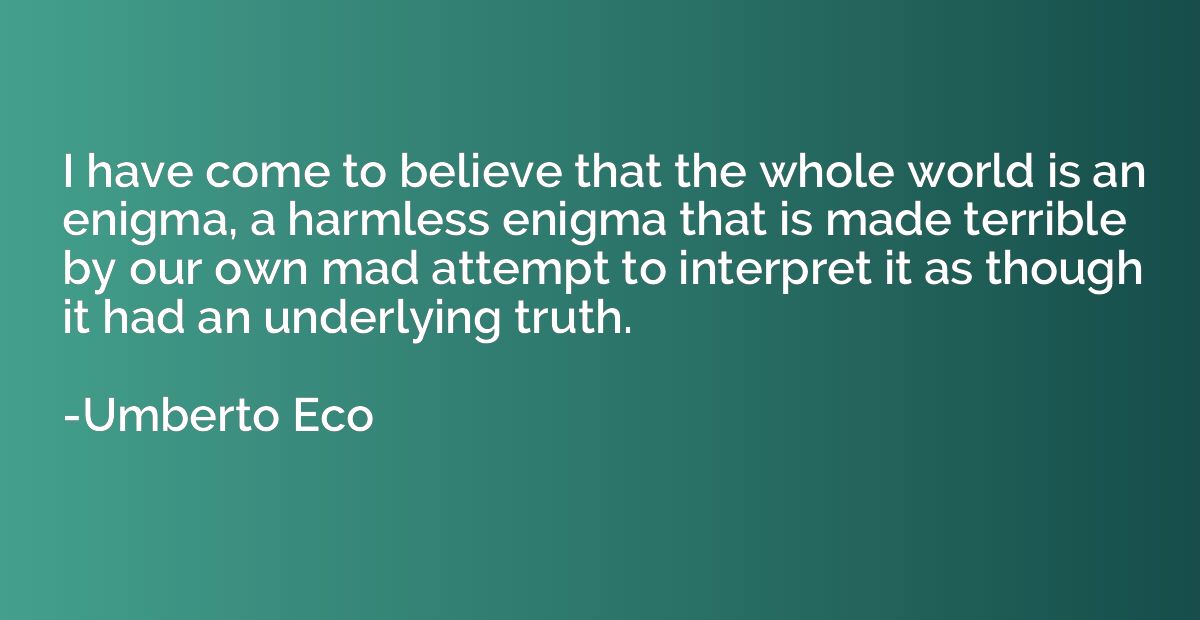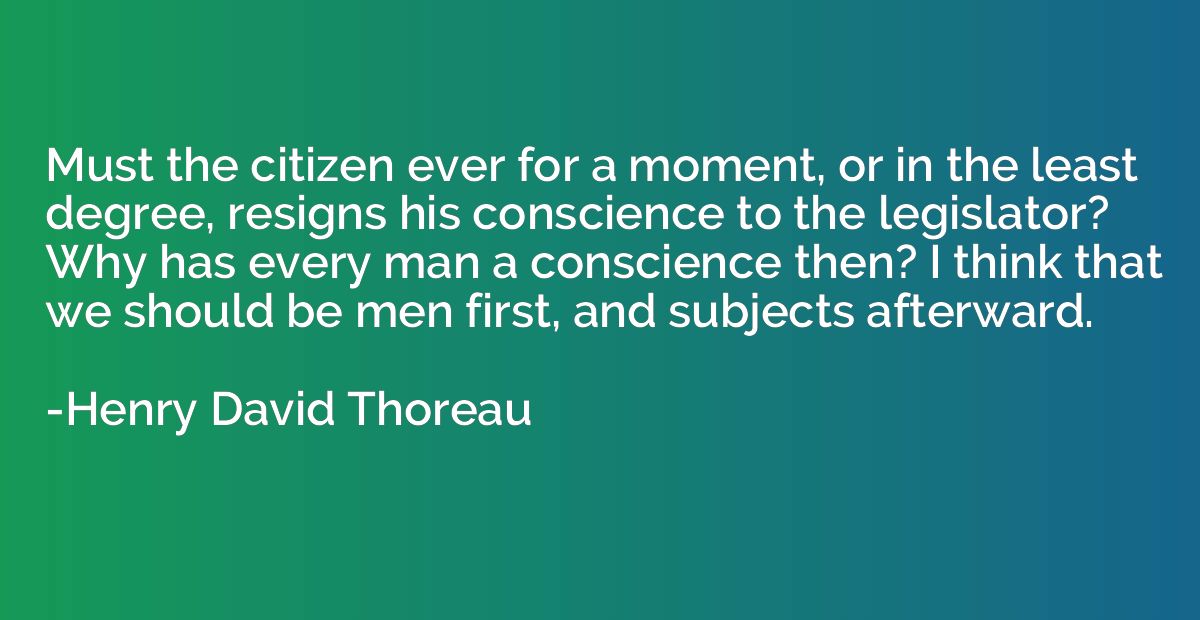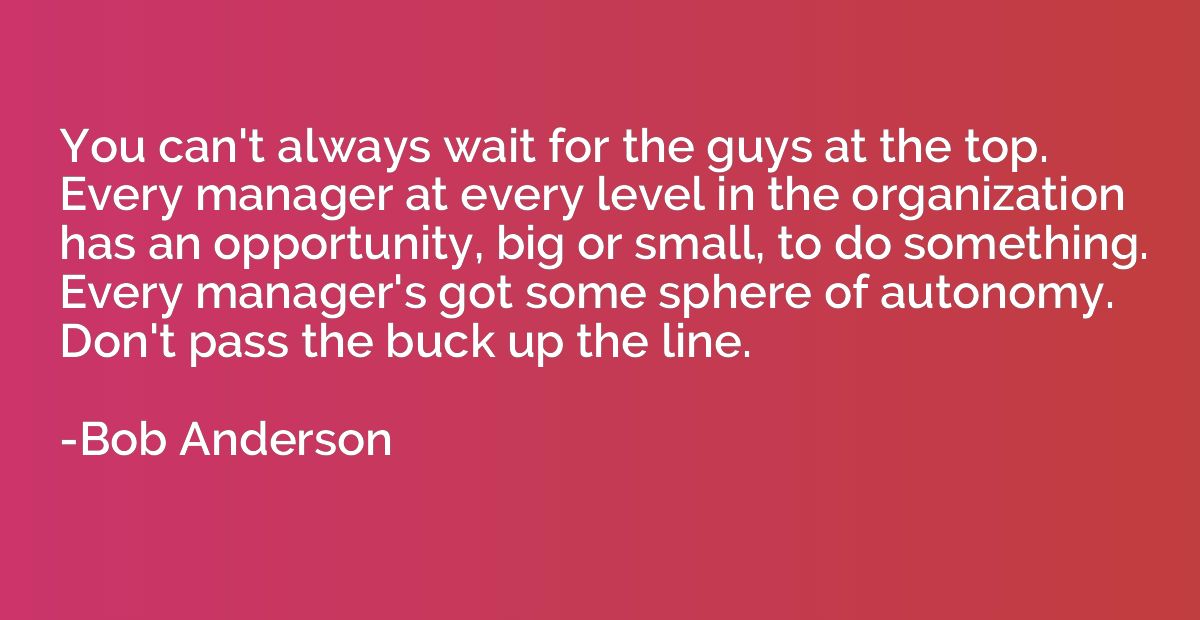Quote by Stefan Zweig, Magellan. Der Mann
Decisive inventions and discoveries always are initiated by an intellectual or moral stimulus as their actual motivating force, but, usually, the final impetus to human action is given by material impulses ... merchants stood as a driving force behind the heroes of the age of discovery; this first heroic impulse to conquer the world emanated from very mortal forces
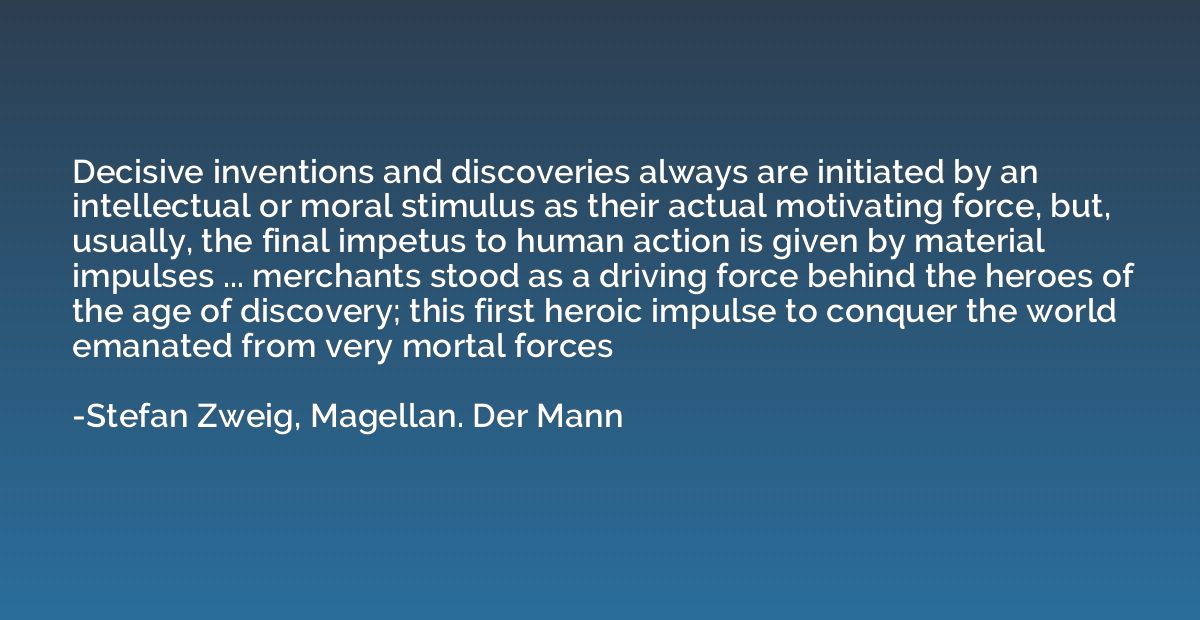
Summary
This quote highlights the dynamic between intellectual and moral motivations versus material incentives in the context of historic inventions and discoveries. It suggests that while the initial inspiration often stems from intellectual or moral stimuli, such as curiosity or societal progress, the ultimate push towards action is propelled by material desires. In the specific example of the age of discovery, it asserts that merchants played a crucial role in driving explorers and conquerors to venture into the unknown, fueled by their pursuit of riches and economic prosperity. In essence, human ambition and the quest for material gain are seen as significant driving forces behind notable advancements in history.




